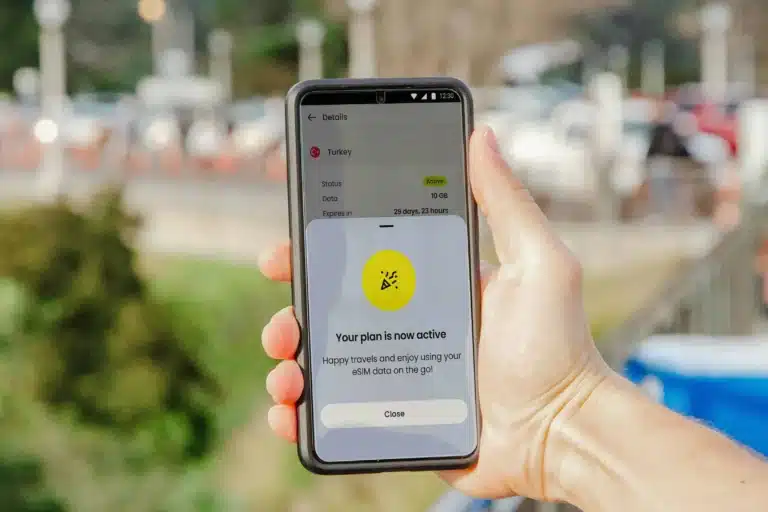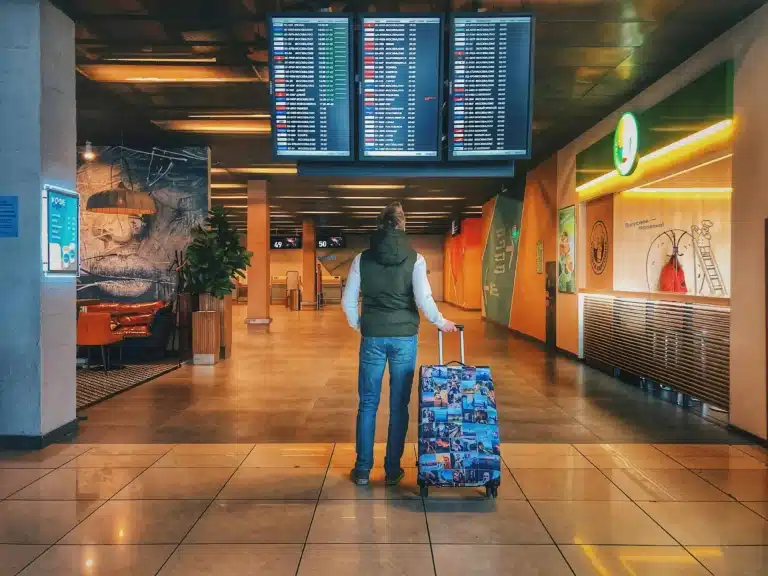Planning a trip to Europe is always exciting! With so many amazing places to see and experiences to enjoy, it’s easy to overlook some of the practical details, like exchanging money. Figuring out the best way to handle currency exchange can seem a bit tricky, but with a little guidance, it doesn’t have to be stressful.
In this article, we’ll walk you through everything you need to know about exchanging money before going to Europe, so you can spend more time exploring and less time worrying about your finances.
Let’s make sure you’re all set for a fantastic trip!
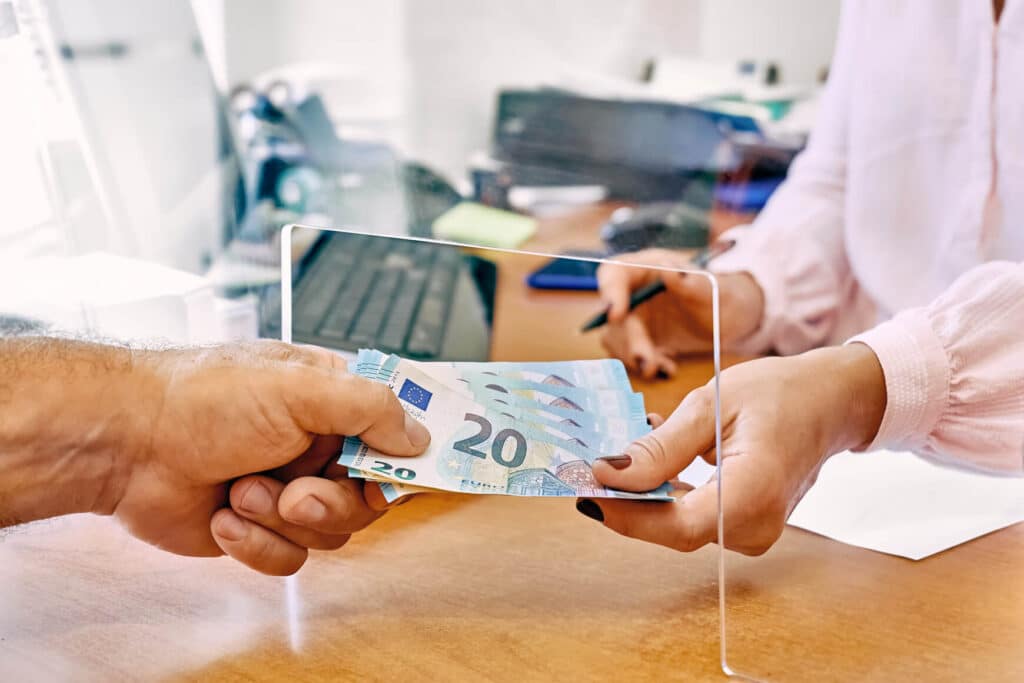
What Are The Currencies In Europe?
Europe is a diverse continent with a variety of countries, each with its own unique culture and, in many cases, its own currency. While the Euro (€) is the most widely used currency in Europe, several countries have retained their own currencies.
Here’s a quick guide:
The Euro (€) is used in the following countries:
- Austria
- Belgium
- Cyprus
- Estonia
- Finland
- France
- Germany
- Greece
- Ireland
- Italy
- Latvia
- Lithuania
- Luxembourg
- Malta
- Netherlands
- Portugal
- Slovakia
- Slovenia
- Spain
Other currencies used include:
- Swiss Franc (CHF) – Switzerland, Lichtenstein
- Swedish Krone (ESK) – Sweden
- Norwegien Krone (NOK) – Norway
- Danish Krone (DKK) – Denmark
- Polish Zloty (PLN) – Poland
- Czech Koruna (CZK) – Czech Republic
- Hungarian Forint (HUF) – Hungary

Should You Exchange Money Before Going To Europe?
Figuring out whether or not you want to exchange money before going to Europe can be tricky.
Here are some pros and cons to help you decide:
Pros:
- Convenience: Having immediate access to local currency upon arrival saves you the time and effort finding an exchange service.
- Peace of Mind: Having local currency in hand before you depart ensures you can handle initial expenses without stress.
- Budgeting: Exchanging money in advance helps you manage your travel budget more effectively by knowing exactly how much you have to spend.
Cons:
- Exchange Rates: Exchange rates at home are often less favorable than those available locally, meaning you could get less at home than you would in Europe.
- Fees: Banks and exchange services at home often charge higher fees, increasing the cost of exchanging money.
- Currency Availability: You might not be able to exchange for all the specific denominations or smaller currencies needed for your trip, which can be inconvenient.
Exchanging Money Before Going To Europe
If you prefer to have some local currency before you set off for Europe, there are several convenient ways to exchange money. Here are a few options to consider:
Bank Exchange Services
Visit your local bank to exchange your home currency for Euros or other European currencies. Many banks offer this service. These services can offer competitive rates and lower fees, but could require advanced notice before exchanging.
Currency Exchange Services
Use specialized currency exchange services, such as Travelex or similar providers, to order foreign currency online or visit their physical locations. It’s a convenient option, but can come with higher fees or less favorable rates.
Airport Currency Exchange
Exchange money at currency exchange kiosks available at airports, either before departure or upon arrival. This option is accessible and convenient, but often comes with higher fees.
Prepaid Travel Cards
Purchase a prepaid travel card, which you can load with Euros or other European currencies. These cards can be used like debit cards for transactions abroad. This is a secure way to carry multiple currencies, and makes budgeting easier. But it does come with an initial purchase fee, and may not be usable everywhere you travel.
Online Currency Exchange Platforms
Use online platforms or apps that allow you to order currency and have it delivered to your home before your trip. This method allows you to compare rates and fees easily, but delivery times vary, and their may be shipping fees and/or delays.
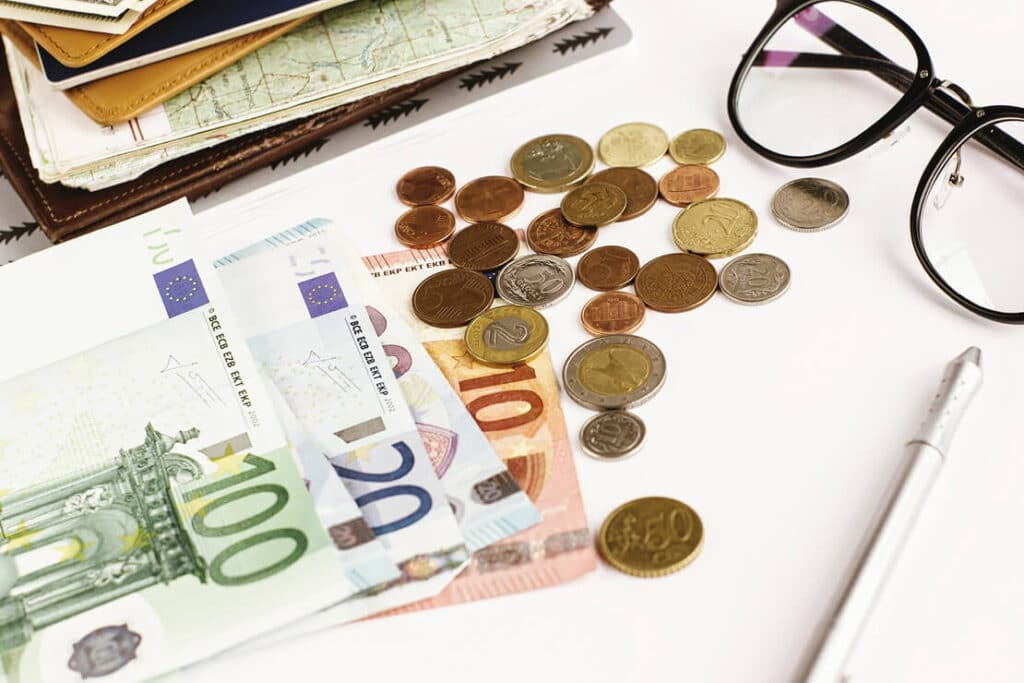
Exchanging Money After Landing In Europe
If you prefer to handle currency exchange once you’ve arrived in Europe, there are several options available to ensure you get local currency as needed. Here’s a guide to help you navigate the exchange process after landing:
Local Banks
Visit a local bank in the city or town where you’re staying to exchange your money for the local currency. This option often offers better rates, but banks may have limited hours and require identification for transaction.
ATMs
Withdraw cash directly from ATMs using your credit or debit card. ATMs are widely available in cities and tourist areas. This method offers competitive rates, but may come with transaction fees. On top of that, you may need to let your bank know beforehand, as your account could be frozen.
Hotel Exchange Services
Some hotels offer currency exchange services for their guests, though this is less common and may come with higher fees. This option is convenient if you don’t want to leave the hotel and need cash quickly, but usually has less favorable exchange rates.
How To Avoid Huge Exchange Commissions
To make the most of your money and avoid excessive fees when exchanging currency, follow these strategies to minimize commissions and get better value for your transactions:
- Research Exchange Rates
To avoid paying excessive fees, start by researching current exchange rates using online tools like XE.com or OANDA. This will provide you with a benchmark for what you should expect and help you identify unfavorable rates.
By comparing rates, you can choose the most competitive option and ensure you’re not overpaying.
- Avoid Airport Kiosks
Currency exchange kiosks at airports typically charge higher fees and offer less favorable rates compared to other methods. To avoid these inflated costs, try to exchange only a small amount of money at the airport if absolutely necessary.
Instead, opt for local banks or ATMs once you reach your destination, as they generally provide better rates and lower fees.
- Use ATMs Wisely
When using ATMs to withdraw cash, choose machines from banks that are part of international networks to potentially reduce fees.
Additionally, withdrawing larger sums of money at once can help minimize the number of transactions and associated fees. But be mindful of daily withdrawal limits to avoid excessive charges.
- Choose No-Fee Credit / Debit Cards
Opting for credit or debit cards that do not charge foreign transaction fees can save you money while traveling. Many of these cards offer competitive exchange rates without additional costs.
Make sure to notify your bank or credit card company of your travel plans to prevent any issues with card usage abroad and to ensure uninterrupted access to your funds.
- Consider Prepaid Travel Cards
Prepaid travel cards allow you to load currency at a fixed rate before you travel, which can protect you from fluctuating rates and excessive fees. Look for cards with low or no fees for transactions and ATM withdrawals.
Carefully review the terms and conditions to ensure that the card meets your needs and does not include hidden charges.
- Avoid Dynamic Currency Conversions
When using your credit or debit card abroad, always choose to be billed in the local currency rather than your home currency. Dynamic currency conversion often comes with higher fees and less favorable rates. This can result in additional costs.
Paying in local currency usually provides better exchange rates and avoids extra charges.
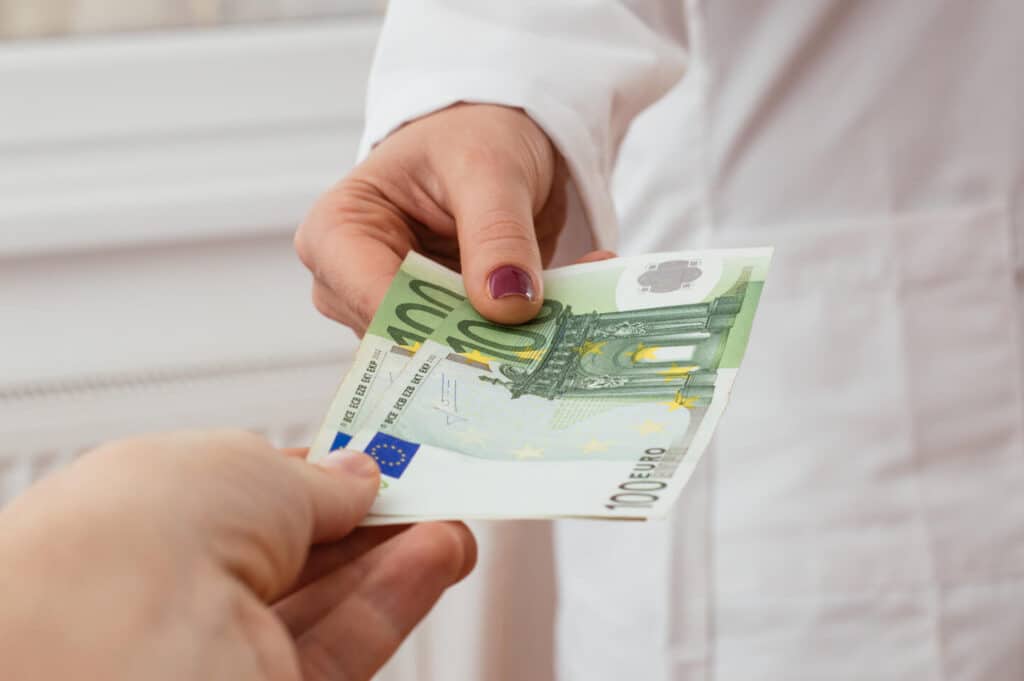
Conclusion & Extra Tips
Navigating currency exchange while traveling to Europe doesn’t have to be complicated. Whether you choose to exchange currency ahead of time or upon arrival, being informed about the best practices will help you make the most of your money and ensure a smoother travel experience.
Before you go, we have a few final tips:
- Plan Ahead: Consider your travel itinerary and anticipated expenses to determine the best amount of currency to exchange. Planning ahead helps you avoid last-minute stress and ensures you have enough cash for immediate needs.
- Stay Updated: Keep an eye on current exchange rates and economic news that may affect currency values. This awareness allows you to make informed decisions about when and where to exchange money.
- Use Currency Apps: Utilize currency conversion apps to track rates and manage your spending. These tools can help you make real-time decisions about when and where to exchange money.
- Secure Your Funds: Always keep your cash and cards secure while traveling. Use a money belt or a secure pouch to protect against theft or loss, and make copies of important documents and cards in case of emergencies.
- Carry a Small Amount of Cash: Even if you prefer using cards, it’s advisable to carry a small amount of local currency for situations where cards are not accepted, such as small vendors or public transportation.
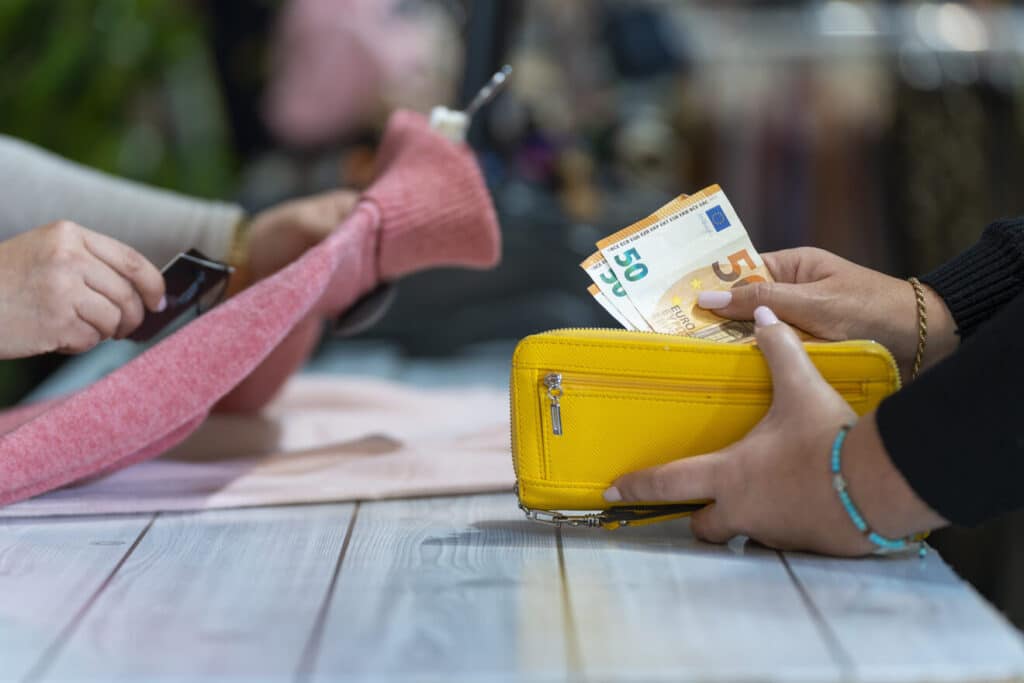
Before You Go – Download The Air Doctor App!
Now the only thing left to do is make sure you don’t get sick on your trip!
With the Air Doctor app in your pocket, you can access medical advice, get prescriptions, and receive expert medical guidance wherever you are in the world!
Air Doctor’s easy-to-use app gives you:
- A global network of over 20,000 multi-lingual doctors and specialists
- Choice of clinic, at-home (hotel), and video consultations
- Active in 78 countries
- Cross border prescription services
- Video consultation services in up to 21 languages and 84 countries
- 24/7 multi-lingual support
- Transparent pricing, and reviews
- Most common medical specialties







